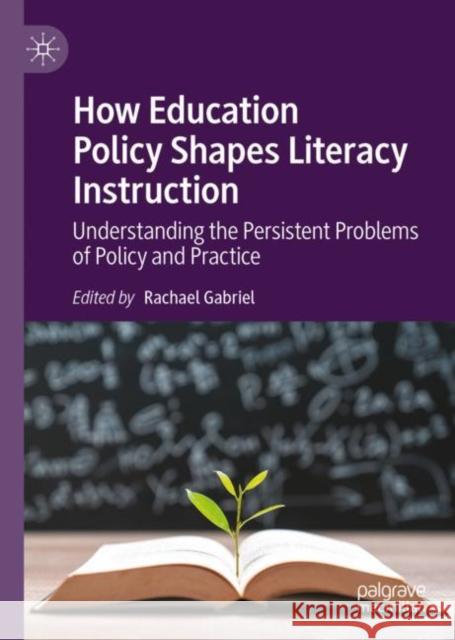How Education Policy Shapes Literacy Instruction: Understanding the Persistent Problems of Policy and Practice » książka
topmenu
How Education Policy Shapes Literacy Instruction: Understanding the Persistent Problems of Policy and Practice
ISBN-13: 9783031085093 / Angielski / Twarda / 2022 / 190 str.
How Education Policy Shapes Literacy Instruction: Understanding the Persistent Problems of Policy and Practice
ISBN-13: 9783031085093 / Angielski / Twarda / 2022 / 190 str.
cena 483,04
(netto: 460,04 VAT: 5%)
Najniższa cena z 30 dni: 385,52
(netto: 460,04 VAT: 5%)
Najniższa cena z 30 dni: 385,52
Termin realizacji zamówienia:
ok. 16-18 dni roboczych.
ok. 16-18 dni roboczych.
Darmowa dostawa!
Kategorie:
Kategorie BISAC:
Wydawca:
Springer International Publishing AG
Język:
Angielski
ISBN-13:
9783031085093
Rok wydania:
2022
Ilość stron:
190
Wymiary:
21.0 x 14.8
Oprawa:
Twarda
Dodatkowe informacje:
Wydanie ilustrowane











